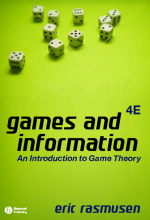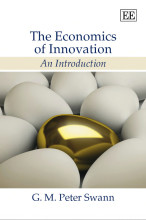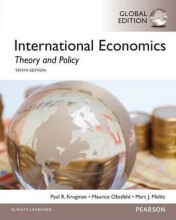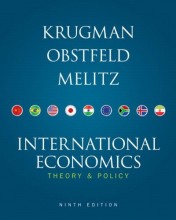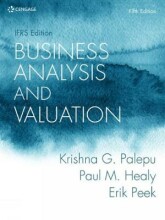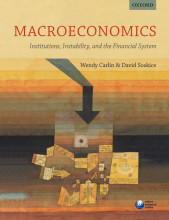Articles - Levit and list
10 important questions on Articles - Levit and list
Model of utility with wealth and morality:
(1) effect on individual’s wealth;
(2) effect of moral cost of benefit associated with the action. Decisions which are immoral, antisocial impose costs on decision maker.
This scrutiny (“controle”) will exaggerate the importance of pro-social behaviours. There is strong evidence for social preferences. In an experiment of baseball card traders, the experiment took place in the natural environment: sports-card show. People didn’t know they were being scrutinized.
Lab: strong evidence for social preferences
- Higher grades + faster learning
- Never study anything twice
- 100% sure, 100% understanding
Field: when sellers believed there would be no future interaction, little statistical relationship between price and quality emerged;
Anonymity: In the lab, two forms of anonymity:
(2) anonymity among subjects.
Context: Actions people take are affected by relational situations:
Stakes: model: in games that have both a morality and a wealth component, financial concerns are of
Artificial restrictions on choice sets and time horizons: In the experiment, the researcher creates rules and defines the set of actions the subject is allowed to take. In real-time environments, the choice set is often
What factor(s) influence pro-social behaviour in experiments, and in which settings is it likely that pro-social actions are understated?
For which class of economic laboratory experiments could the results on behaviour more readily be extrapolated to the real world?
The question on the page originate from the summary of the following study material:
- A unique study and practice tool
- Never study anything twice again
- Get the grades you hope for
- 100% sure, 100% understanding



















